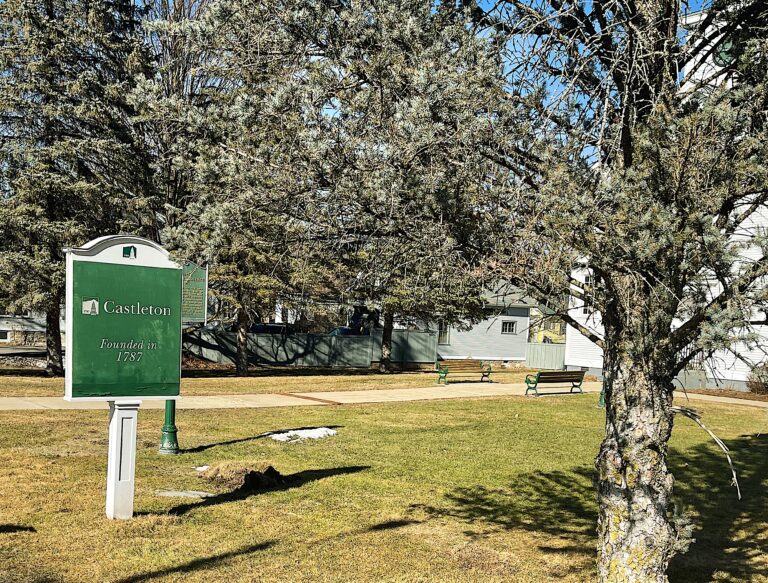Coaches coping with COVID

Castleton University winter sports got back to some type of normality, but the coaches say it’s anything but normal.
Between quarantine housing and seasons getting cancelled, coaches at Castleton say they are doing their best to adapt to the circumstances.
Safety has become the number one priority for most coaches as they try to navigate through the list of COVID protocols. Some of these protocols are making sure athletes are wearing masks and getting tested on the right day at the right time.
“Every day, you’re waiting for that phone call … Instead of being proactive you become reactive,” said Tim McAullife, the women’s ice hockey coach.
The phone call might just be about a positive test on your team or, for McAuliffe, it was a call that he tested positive.
“It prepared me for the fact that anytime, anywhere, one of us can get this thing and it shuts us down … There’s no sense in dwelling on it. You just have to adapt and make sure the team is in a good headspace and make sure we’re virtually there for each other,” he said. “And beyond that, just realize that first and foremost we’re so lucky when we’re able to play we have to cherish all of that because you’re always one case away from being put on hold.”
Coaches said with teams pausing or cancelling games for the weekend, and with testing always happening, they have to be prepared for anything.
Many teams at Castleton have experienced what it’s like to find out a teammate or coach test positive. It can really bring down morale as teams are then sent to quarantine housing.
With all these challenges, coaches have relied on good communication with their athletes, athletic trainers and with Athletic Director Deanna Tyson. They’ve managed to lean on each other for help.
Bill Silengo, the men’s ice hockey coach, talked about how Kyle Richards has been a “breath of fresh air.”
Silengo said he has been able to rely on Richards, a graduate assistant for the men’s ice hockey team, to share the responsibilities of a head coach. Richards is able to take charge of the team and help Silengo focus on team priorities.
Even with some level of normalcy, co-head coach of the alpine ski team, Chris Eder, said COVID-19 has caused a lot of changes.
“Races are being held in the middle of the week. For example, this week we have various student-athletes competing each day. We had three women competing at Sugarbush on Monday, while five men competed at Smugglers’ Notch. Today, we had three different men competing at Smuggler’s Notch. We have five women competing on Wednesday back at Sugarbush, while we have men racing at Suicide Six on Thursday and the women competing on Friday,” Eder said in a recent email exchange.
Not only are coaches navigating schedule changes, COVID protocols, and overall safety of their athletes, they say they have to find ways to keep morale up.
Players say coaches are finding ways to keep things fun and keep their athletes hungry for the next competition.
“You have to stay more positive around the team … Learn how to let go of things when they don’t go the right way with COVID,” said women’s hockey grad assistant Nicole Trivino.
As hard has the pandemic has been on everyone, coaches say they are so happy for their athletes and so glad to be playing at some level of normalcy.
“I’m really proud of our guys, this is tough … They’ve sacrificed a lot and I can’t say enough about them,” Silengo said.







